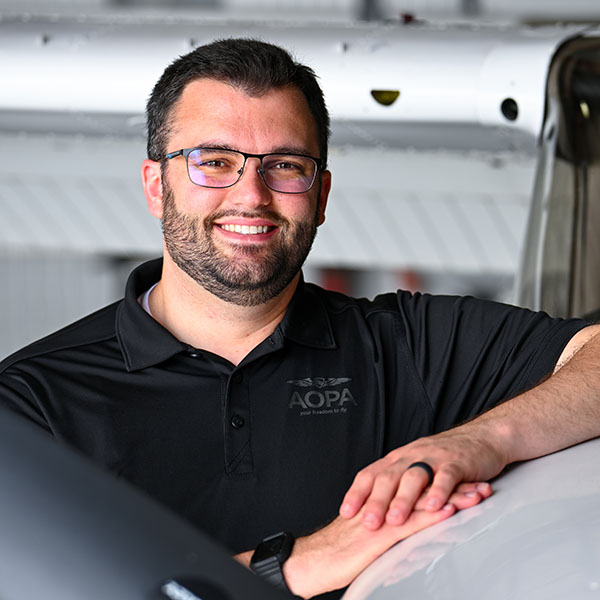NYC Council reconsiders helicopter restrictions
Aviation coalition points out it may violate federal law
The bill approved by the City Council would ban commercial helicopter operations at city-owned heliports. That would overstep the city’s authority because aviation is regulated on a federal level, according to a letter sent by a coalition of six aviation industry organizations, including AOPA. The decision on whether the bill will become law now sits with Mayor Eric Adams.
The second attempt was a New York City Council bill introduced in 2024. It would have restricted “non-essential” helicopter flights at the two city-owned heliports, Downtown Manhattan/Wall St Heliport and East 34th Street Heliport, to fully electric rotorcraft.
The bill approved by the City Council on April 24 was introduced last week. It would ban “non-essential” flights using helicopters that do not meet Stage 3 noise standards, affecting operators that fly many popular helicopter models, including those made by AgustaWestland (now Leonardo), Airbus, Bell, and Sikorsky.
The city’s third public heliport, West 30th St Heliport, would not be affected since it is not city-owned, but an additional City Council bill last year asking state lawmakers to enact a similar ban at that heliport also stalled.
The same coalition of industry partners, including AOPA, is working to educate city leaders on the negative economic impact and legal ramifications this legislation would have on New York City.
The bill exempts fire, medical, and police flights from the ban, as well as newsgathering and commercial photography operations. But in the April 21 letter, the coalition points out that “without the revenue from all of the types of flights that the heliports currently accommodate, their operation would become financially unsustainable.”
The letter also highlights the proposal conflicts with federal law. Specifically, the aviation groups argue, aviation noise regulations and operational limits are governed exclusively at the federal level, not state or local. In addition, the coalition says federal law prohibits regulating “the prices, routes, and services of air carriers,” including FAR Part 135 operators, which make up most of the commercial operations at the affected heliports.
“It is critical that the aviation industry be protected from a patchwork of local laws negatively impacting general aviation,” said AOPA President Darren Pleasance. “The federal government continues to be the best manager of airspace and aviation operations, ensuring consistent safety and access for all.”
The letter also says current restrictions already placed on operators at the two heliports also likely violate the Airport Noise and Capacity Act of 1990 and other federal statutes. If the new bill passes, the coalition warns, all restrictions could face legal challenges.
The industry coalition has commenced an email campaign encouraging its respective memberships to contact the New York City Council to oppose the measure. AOPA members located within the five New York City boroughs are encouraged to contact their local council member.
The two other bills approved by the council’s Committee on Economic Development call on New York state lawmakers to implement a “noise tax on non-essential helicopter and seaplane flights,” and urge the FAA to “ban all non-essential helicopter travel, including tourist and chartered helicopter flights over New York City.”




